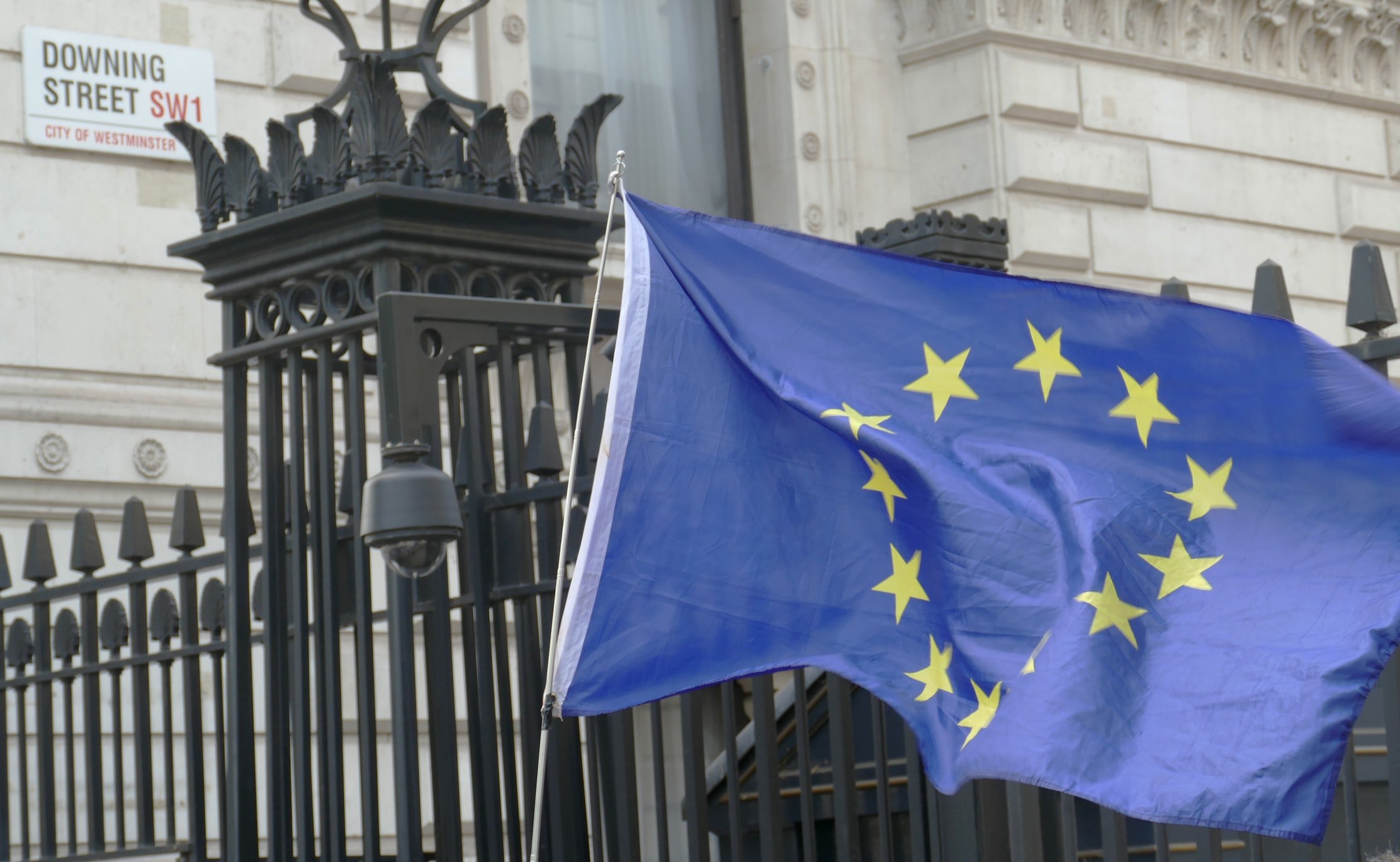.png?width=189&height=505&name=Vector%20(2).png)
SureCloud's Response: Is RegTech Set for a Brexit Boom?
Despite months of constant debates, there is still very little clarification of what this will mean for the RegTech Industry. Is the boom already happening? How can RegTech companies help? What challenges specific to Brexit can they assist with?
We asked our Services Director, Alex Hollis for his thoughts and predictions.
In order to evaluate the market, we can look at two areas, the FCA around financial and the ICO around data privacy.
Let’s begin with the FCA…
The FCA has worked very closely with EU partners prior to the article 50 announcement, setting up the EU wide rules and regulations around the financial sector. Therefore it is unlikely that rules will be remoted or changed dramatically, as much of the investment by organisations to be complaint has already been made. What we could see from the FCA is a faster-moving regulation than when tied to the EU, able to react to technological, societal and crime trends more quickly. The UK will also need to leave the door open as a trading partner in the event of a no-deal, as such I would predict the regulations to remain on a par, if not better than the EU. Additionally, certain regulations around financial crime are prescribed by the UN and FATF.
What about GDPR?
In the information space, the ICO will likely continue with GDPR into UK law. In a similar way to the FCA they need to maintain an equilibrium with the EU laws if the UK is to negotiate a trade agreement. Additionally, the UK needs to protect its own businesses from being subject to EU fines, as such will seek to enforce heavily early to redirect UK businesses before the EU catches them.
New opportunities for the UK…
Brexit is not likely to have a dramatic regulatory change, however by decoupling from the EU the pace in which we can make a change to regulation increases. This makes the UK more agile to adapt to change and take advantage of new opportunities. The landscape for RegTech companies is around identifying and speeding up businesses in complying and making best use of that first-move advantage around regulatory change.
About Alex
Alex has over 16 years’ experience in IT, mobile technology and software development. He has spent the last seven years specializing in governance, risk, and compliance (GRC). After just six months in the industry, Alex received a platinum-level excellence award for his work around risk bow-tie modeling, Solvency 2 and Basel 3. Now focusing primarily on operational risk, Alex has analyzed, designed and implemented GRC technology into 60 companies, including some of the largest and most complex environments. His experience spans multiple sectors, including telecommunications, aviation, pharmaceuticals, manufacturing, retail, public sector, financial services and insurance.
About SureCloud
SureCloud is a provider of cloud-based, Integrated Risk Management products and Cybersecurity services, which reinvent the way you manage risk.
SureCloud connects the dots with Integrated Risk Management solutions enabling you to make better decisions and achieve your desired business outcomes. SureCloud is underpinned by a highly configurable technology platform, which is simple, intuitive and flexible. Unlike other GRC Platform providers, SureCloud is adaptable enough to fit your current business processes without forcing you to make concessions during implementation; meaning you get immediate and sustained value from the outset. SureCloud has been recognized in the 2019 Gartner Magic Quadrant for Integrated Risk Management Solutions.
.png?width=265&height=582&name=Vector%20(3).png)









.png?width=286&height=582&name=Vector%20(7).png)


 Copy link
Copy link

